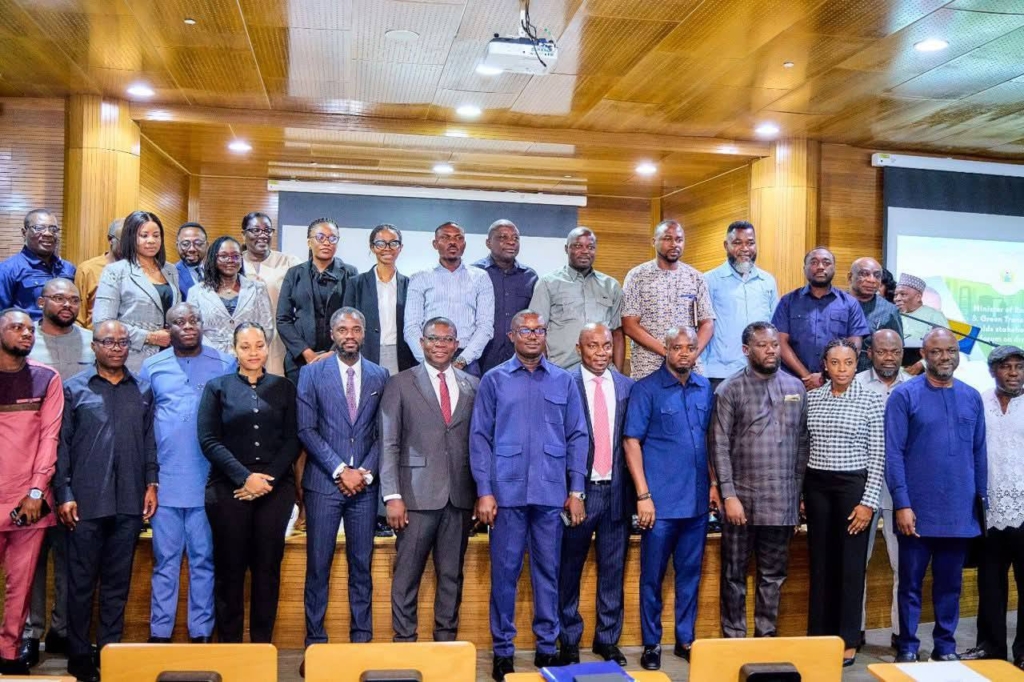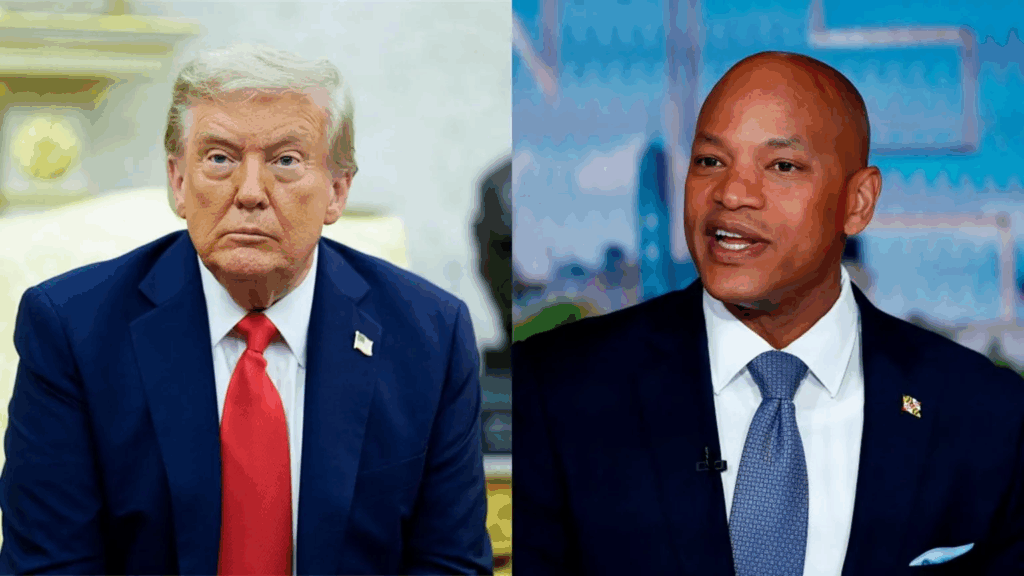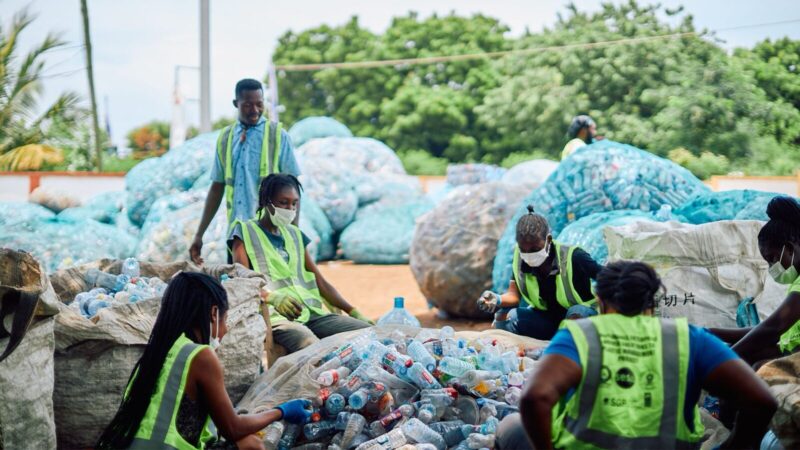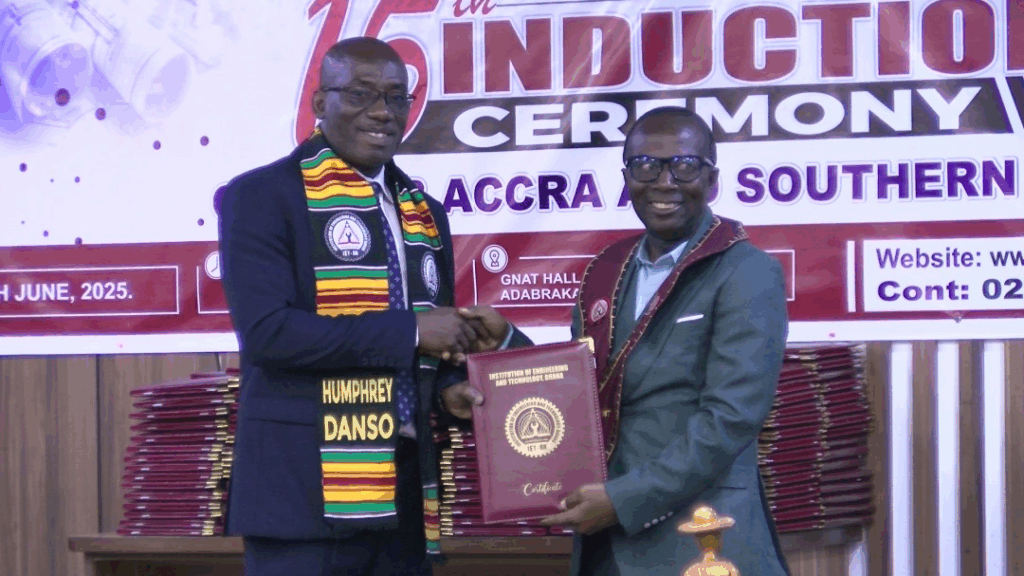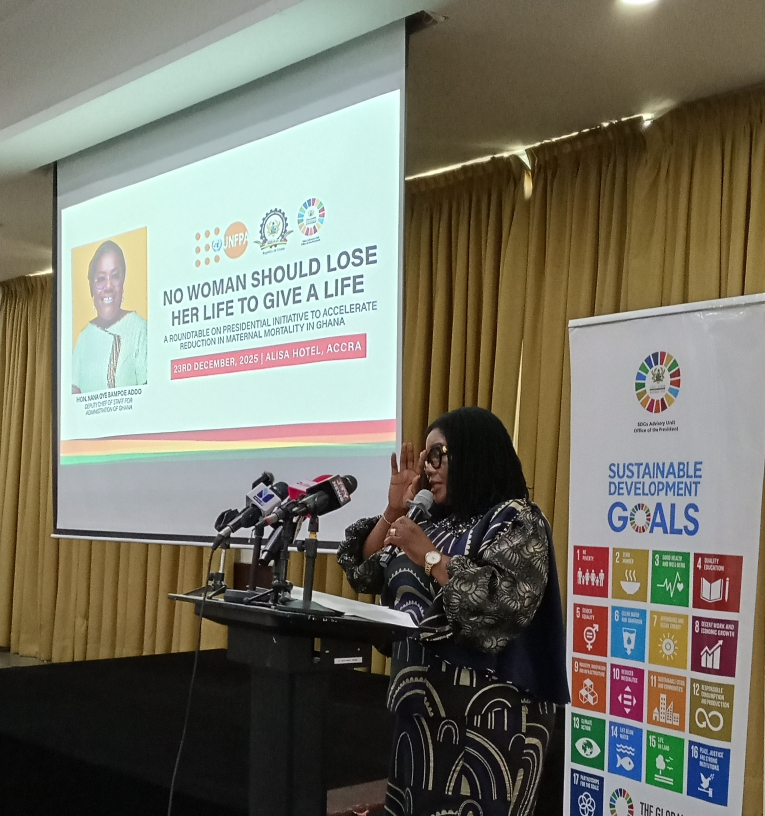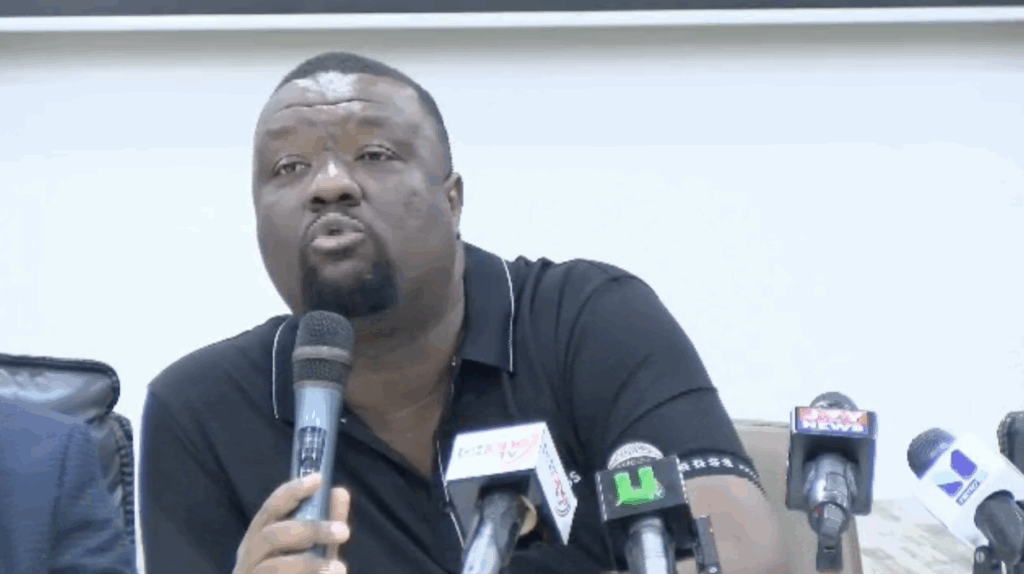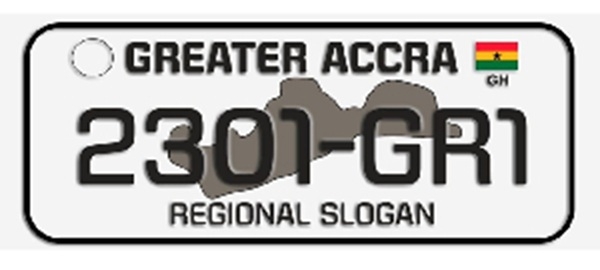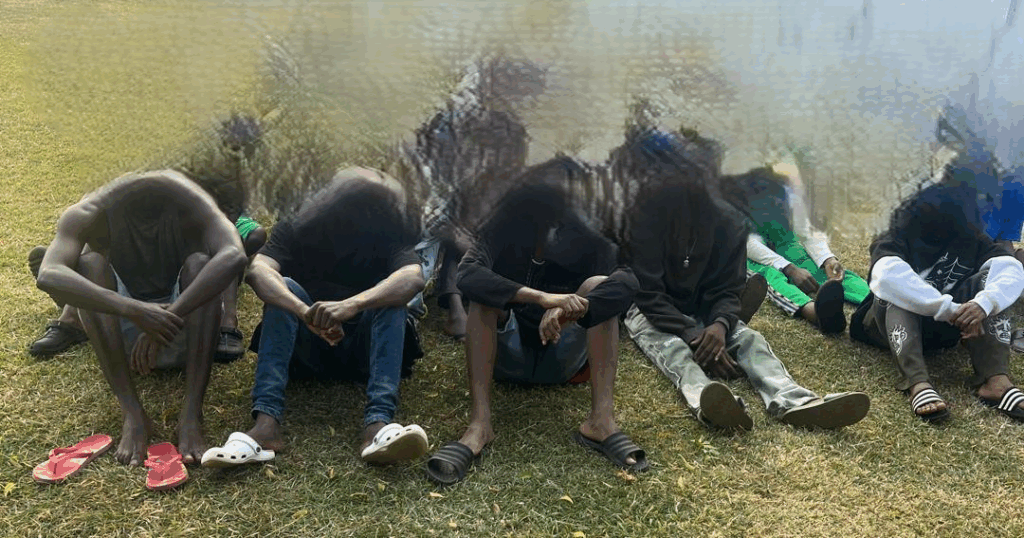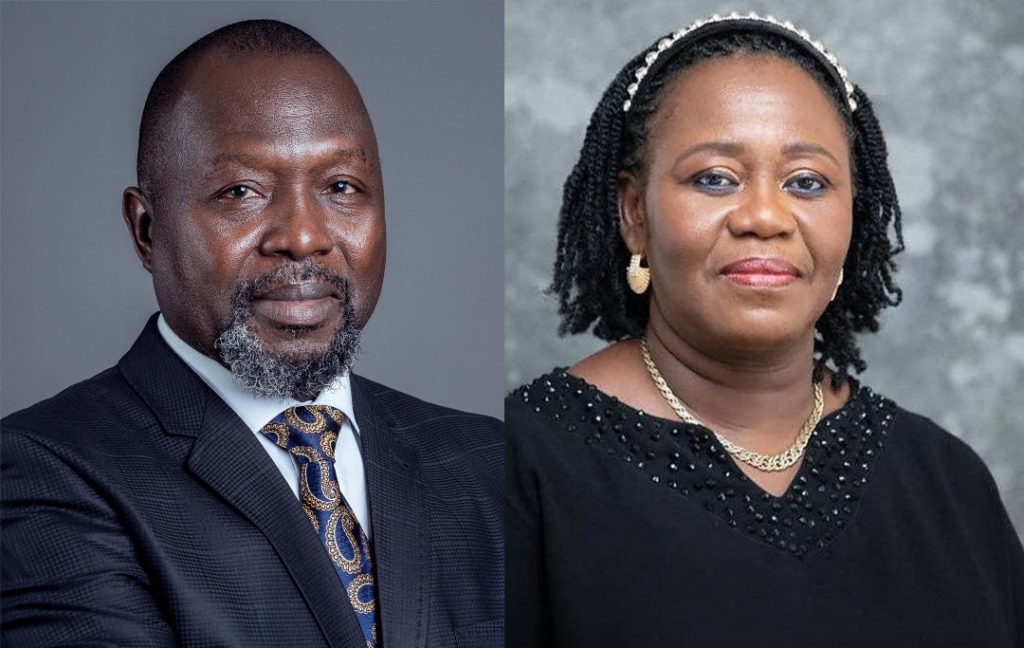The Centre for Climate Change and Food Security (CCCFS) has welcomed President John Dramani Mahama’s latest environmental policy announcements, describing them as an important step towards building a more sustainable and climate-resilient Ghana.
However, the Centre has issued a cautionary note, urging the government to ensure that the transition away from wood and styrofoam is matched by robust waste management and lifecycle strategies.
Speaking on the occasion of World Environment Day 2025, President Mahama revealed two key policy directives: the phasing out of wooden school desks in favour of those made from recycled plastic or metal, and an outright ban on the importation and production of styrofoam packaging in Ghana. Both measures are aimed at reducing environmental degradation and embracing a circular economy approach.
In a press statement issued on June 6, CCCFS, a long-standing advocate of sustainable materials and circularity in public procurement, hailed the announcement as a “strong example of environmentally responsible governance”.
“These directives align closely with our advocacy for sustainable practices and reduced reliance on finite natural resources,” said CCCFS in a public statement.
“Moving away from wood will help reduce deforestation, while banning styrofoam directly addresses a key pollutant threatening our waterways and wildlife.”
The Centre stressed that the success of these initiatives will depend not just on the materials introduced, but also on how they are managed throughout their lifecycle.
“While we fully support the shift away from wooden desks, we must not ignore the risk of simply swapping one environmental issue for another,” said Dr Alexander Nti Kani, CCCFS’s Environmental and Climate Economist.
“Without a clear end-of-life strategy for the recycled plastic or metal desks, Ghana could end up generating a new stream of difficult-to-manage waste.”
Dr Kani reiterated his previous criticism of the plastic recycling narrative, referencing CCCFS’s endorsement of the February 2024 report, The Fraud of Plastic Recycling by the Center for Climate Integrity.
“Plastic recycling is, indeed, a deception in many low-capacity countries. Without proper infrastructure, such policies can backfire,” he warned.
The Centre also praised the planned ban on styrofoam, describing it as “equally significant” and in alignment with the global campaign to “Beat Plastic Pollution” — the theme of this year’s World Environment Day. Styrofoam, a non-biodegradable substance, is notorious for clogging drains and polluting both land and marine ecosystems.
In a detailed set of recommendations, CCCFS urged the Mahama government to:
- Enact enforceable legislation to cement these policy changes;
- Develop a national stewardship programme for post-use furniture recovery;
- Partner with recyclers and manufacturers for a sustainable take-back system;
- Assist affected manufacturers and artisans in transitioning to eco-friendly production;
- Guarantee that new materials meet health and safety standards;
- Launch public campaigns to shift behaviour on plastic use and waste;
- Promote community education on circular economy principles;
- Vet all alternative materials for potential environmental or health risks.
“Plastic pollution is a systemic threat – it permeates our air, food, and water. Without well-engineered systems and accountability, even good ideas can turn into environmental burdens,” the statement concluded.
CCCFS pledged its continued support to help ensure Ghana’s sustainability policies are not only ambitious but also carefully executed and enduring in their impact.
DISCLAIMER: The Views, Comments, Opinions, Contributions and Statements made by Readers and Contributors on this platform do not necessarily represent the views or policy of Multimedia Group Limited.
DISCLAIMER: The Views, Comments, Opinions, Contributions and Statements made by Readers and Contributors on this platform do not necessarily represent the views or policy of Multimedia Group Limited.

